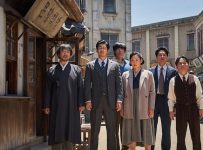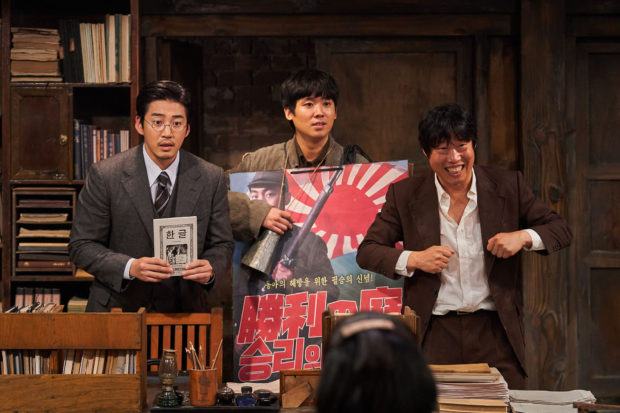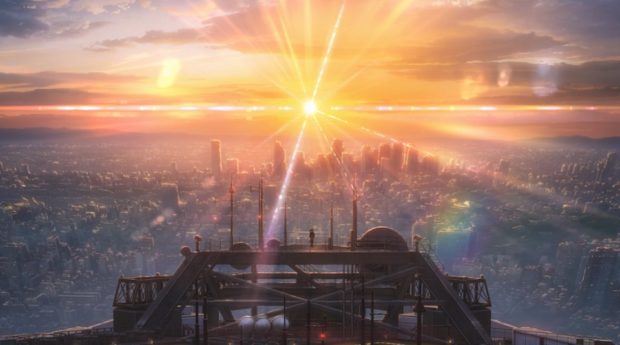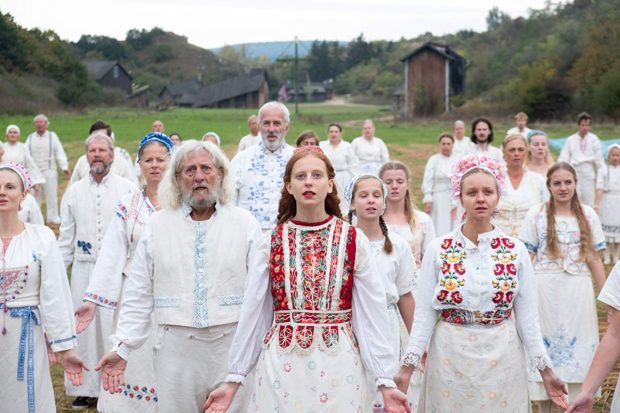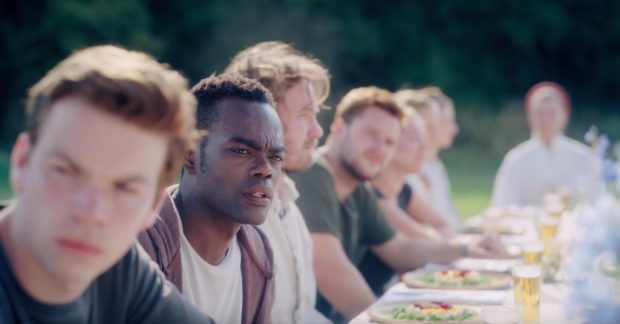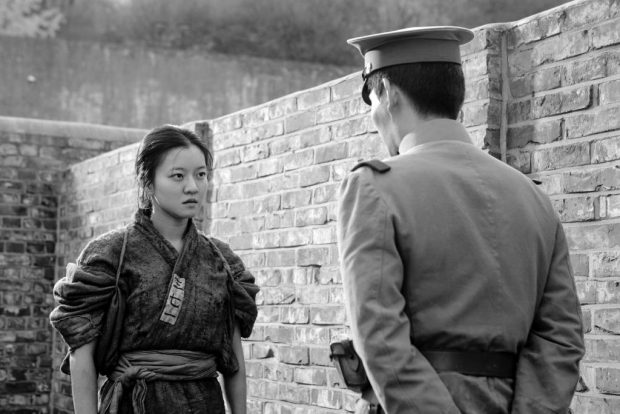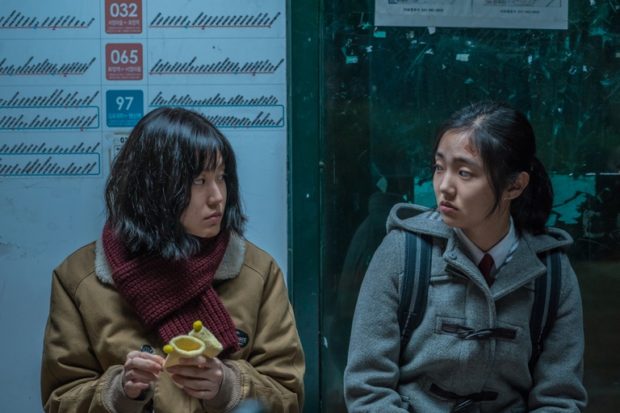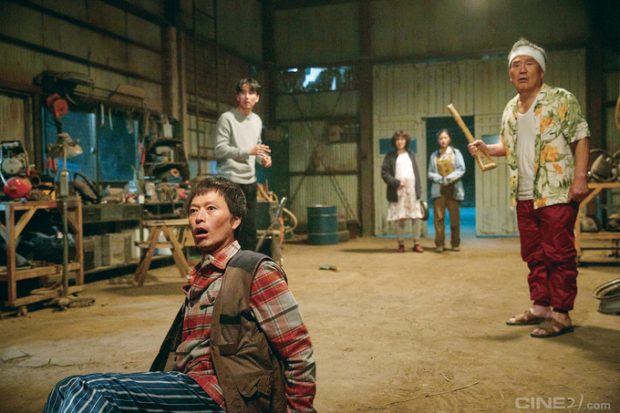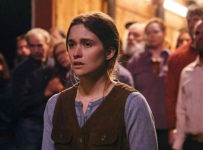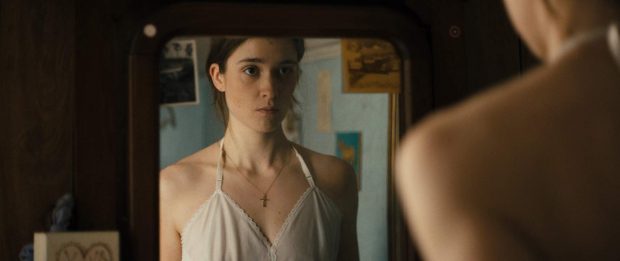Autism in South Korea is not an easy topic to tackle. While the country has one of the more prevalent rates of diagnoses, numerous sources speak to the massive social stigma attached to the developmental disorder. INNOCENT WITNESS (증인) attempts to tackle this within the construct of a courtroom drama with surprisingly strong results.
Struggling lawyer Soon-Ho (Jung Woo-Sung) takes on a seemingly hopeless defence case of a woman accused of murdering an old man. The only witness to the crime is a Ji-Woo (Kim Hyang-Gi), a schoolgirl with autism. As the investigation continues, Soon-Ho has his assumptions tested and learns something about her condition in the process.
While the actual defence plot may leap over the bounds of believability, mostly because the defence case never feels like it is ever on terribly solid ground to begin with, the strength of Moon Ji-Won and Lee Han’s (A Melody to Remember) screenplay lays in the interplay between the two leads. The film is careful to take its time to study Ji-Woo’s intelligence and logical responses, along with her audio/visual sensitivities.
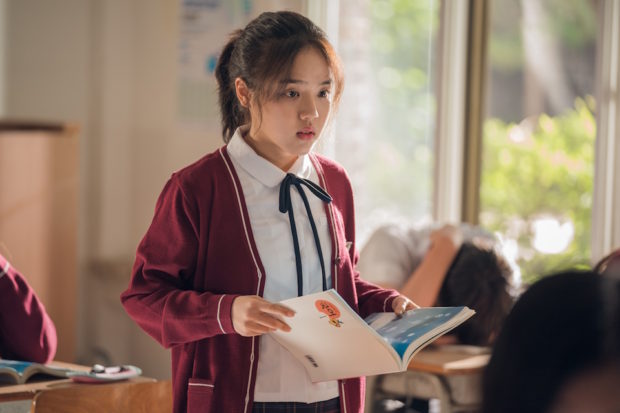
This is all supported by an excellent performance from the young actor Kim Hyang-Gi, who has most recently starred in a prominent role in the Along with the Gods series. Although Ji-Woo is portrayed as being on one of the more extreme ends of the spectrum, playing up the physicality of flat speech of the disorder, there is a studied subtlety to her performance that is exhibited in non-verbal responses to Soon-Ho’s questioning.
The final act is primarily a courtroom sequence that relies on some familiar tropes, and it’s here that the film comes closest to exploiting the disorder. Yet here the script repositions autism as a strength, exposing the unconscious prejudices on both sides of the argument. While some of this seems to suggest that humanity and the legal system can’t coexist, here the film is arguably at its most didactic.
INNOCENT WITNESS has been largely praised for its sensitive treatment of autism on screen, and this is because it has a point to be made. If the murder plot seems less than fleshed out, it’s because the real trial represents a microcosm of the public stigma that is still said to exist within the film’s native audience. Nevertheless, backed by impressive performances from the leads, this is still a film that doesn’t sacrifice its pointed message or its entertainment value.
2019 | South Korea | DIRECTOR: Lee Han | WRITERS: Moon Ji-Won, Lee Han | CAST: Jung Woo-Sung, Kim Hyang-Gi, Park Geun-Hyung, Yum Hye-Ran | DISTRIBUTOR: Korean Film Festival in Australia 2019 (AUS) | RUNNING TIME: 129 minutes | RELEASE DATE: 22 August – 12 September 2019 (KOFFIA)


